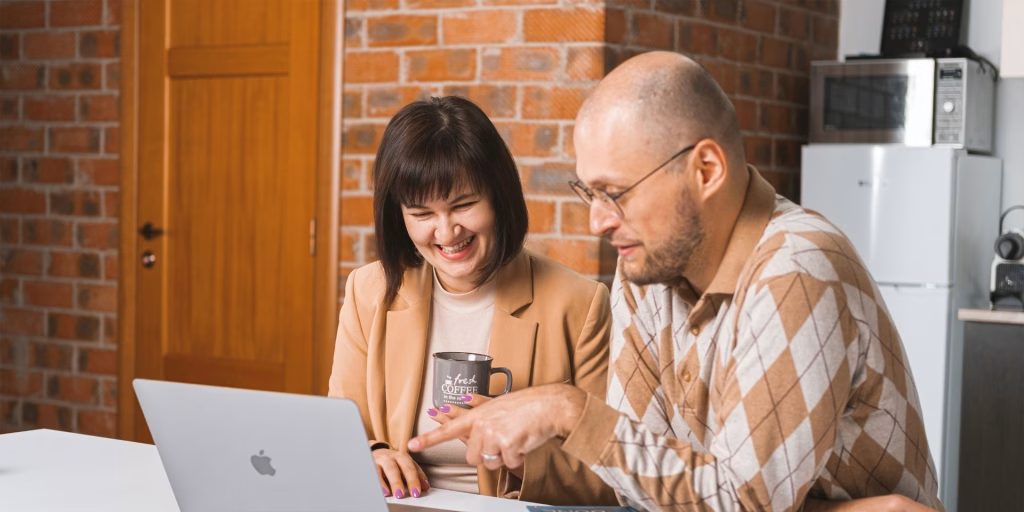
Female entrepreneurs creating an impact
Social enterprises offer women a unique opportunity to pursue their entrepreneurial goals, says Zaranqiz Huseynova.
Female entrepreneurship in Eastern Europe, the Caucasus and Central Asia has been on the rise in recent years and there are two spectrums to highlight out of several types of emerged entrepreneurs.
The first group consists of those who start businesses for the sake of starting a business, as owning one has become a new luxury, a mark of prestige, or simply cool. The second group are those starting businesses to create impact, often referred to as social enterprises.
Those starting businesses with an ideal of owning one unfortunately often face failure in a year or two, as they often are driven by the image of a “beautiful” business and lack fundamental knowledge, such as not making an analysis of the market, not creating financial models, relying on their friends and family to be customers and often inviting them to the team.
The involvement of family members in the business is a common trend. It is often connected with a lack of trust towards those from the outside, as the legal system and contacts aren’t strong in some regions, and therefore the business is built on relationships and trust.
Social enterprises on the contrary often approach the start with a big “why?” and mission, know their potential beneficiaries well and focus on creating as much value for them as possible. The challenge for these entrepreneurs is to find a model which would maximise impact, but would still create a profitable, sustainable model.

Both groups of entrepreneurs face common challenges such as limited access to a network of investors and partners, as often networking is built on social events, which happen in the evenings and are more challenging for women to attend culturally, as well as with their family responsibilities.
Another common challenge would be growth capital, which has been overlooked for a long time. In recent years, the starting capital has become a little more accessible; many choose to bootstrap. But growth to the next stage and going from small to medium and large business requires a different type of capital, which usually isn’t there, especially for social enterprises, whose main indicators won’t be financial.
With the global trend of developing a sustainable economy and the increasing emphasis on environmental, social and governance (ESG) indicators, there is hope that social businesses will become a new luxury in these regions as well. Social enterprises could provide women with the opportunity to pursue their entrepreneurial goals without having to make a choice between being mothers, doing something good for the planet, and making money for their own independence and well-being, as well as their families and communities.
For this to happen, there would need to be policies for social businesses, legislative changes, funding and access to the global network.
As almost no ESG problem is unique to a specific place, practice sharing and expertise would be crucial. By taking a holistic approach and addressing these challenges through policy, education, and ecosystem building, we can help to create a more equal and supportive environment for female entrepreneurs to thrive.
Author
Zaranqiz Huseynova is a Forbes 30 under 30 honoree, a serial entrepreneur, the founder of boutiques ALYSSA, Milano, the educational platform for women WoWoman and coworking space and business cafe W_Space. She is also an expert and mentor of the first wave and a partner of the second wave of She’s Next Empowered by Visa.
New Free Courses — Made for Ambitious Women Entrepreneurs!
It’s time to grow smarter, adapt faster, and take your business global.
Explore two powerful courses available exclusively to She’s Next members:
The Reinvention Masterclass for Start-up Founders
Beyond Borders: Building for Global Success
Enroll today — it’s free!






Responses